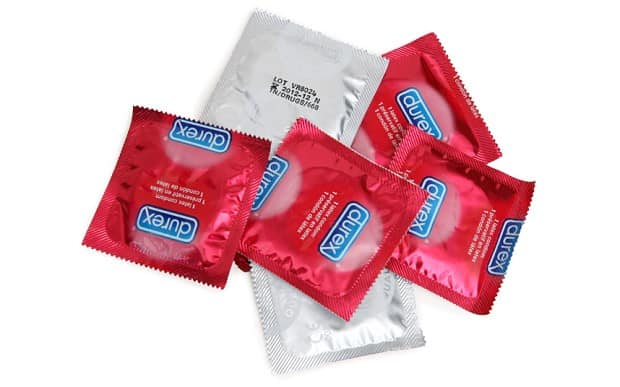CHENNAI (Web Desk) – Is condom a medicine? If so, can government agencies fix a maximum price for it under Drug Price Control Order (DPCO)?
No, the Madras high court said, adopting a July 2015 order of the Delhi high court lock stock and barrel.
The first bench of Chief Justice Sanjay Kishan Kaul and Justice T S Sivagnanam allowed the petition filed by TTK Protective Devices Ltd, saying it concurred with the decision of the Delhi high court which had in July quashed the orders of National Pharmaceuticals Pricing Authority (NPPA) dated November 5, 2013 and July 10, 2014.
“NPPA exceeded the powers conferred by DPCO-2013 while fixing the ceiling price for condoms.
Language of paragraph 4 [in DPCO] is unambiguous and makes clear the legislative intent that the ceiling of price can be fixed only for scheduled formulations of specified strengths and dosages.
It cannot be applicable to condoms, the dosage and strength of which have not been specified,” the Delhi high court said. Fixing a ceiling price for condoms is impermissible under law, it added.
Two companies, Reckitt Benckiser and J K Ansell Ltd, which promoted Durex, Kohinoor and Kamasutra brands of condoms assailed the orders of NPPA in court.
Chennai-based TTK Protective Devices Limited challenged them in the Madras high court. As the Delhi high court had completed hearing and reserved its orders, the Madras high court chose to await the outcome.
On July 10, 2015 the Delhi court delivered the verdict which has now been followed verbatim by the Madras high court.
It had been the stance of additional solicitor-general G Rajagopalan and senior central government panel counsel Rabu Manohar that condoms ought to be classified as medicines whose prices are amenable to government control.
The Delhi high court also received similar submissions by the Centre, which said there could be no ‘gradations’ in drugs and dismissed the claims of manufacturers that the government had not taken into account the classification of ‘pleasure condoms’ and ‘utility condoms’.
Condoms are at present in the national list of essential medicines, it said.
The companies argued that price cap will have adverse impact on production, which will be detrimental to population control measures.
Noting that testing methods specified in DPCO-2013 were unworkable, the companies said they make advanced version of pleasure condoms which were distinct from the basic/utility condoms.
“Fixation of a common ceiling price for both the categories under the impugned orders is violative of fundamental right to equality,” they said
















